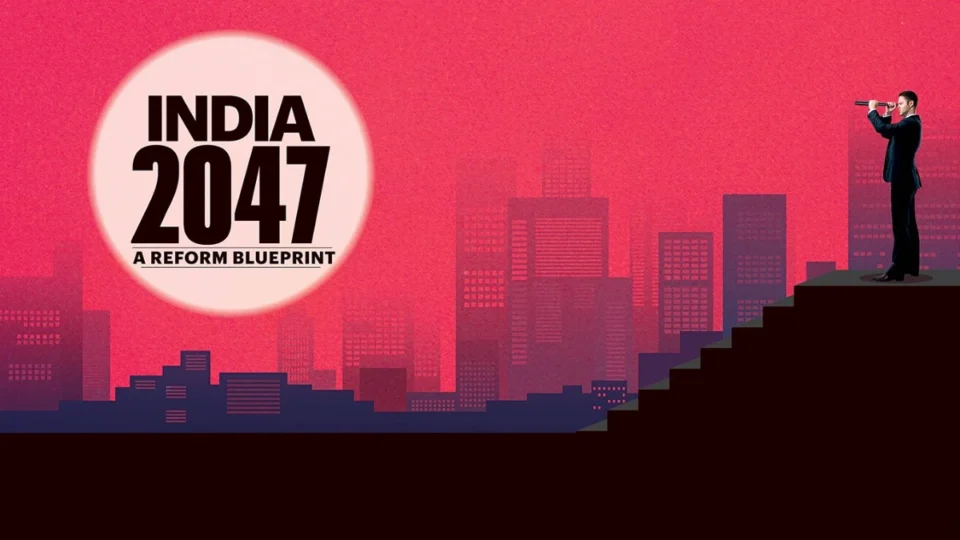Bengaluru, 26th November 2025: As India strides toward its Vision 2047 aspiration of becoming a developed nation, a new thought leadership report by Primus Partners “Beyond Urban Missions: India Needs a New Generation of Cities”, lays out a bold roadmap for redefining how the nation designs, governs, and grows its urban centres. The report calls for a decisive shift from metro-dominated development and isolated infrastructure schemes to a more balanced, distributed, and future-focused urban system capable of supporting India’s demographic and economic trajectory.
Despite contributing nearly 65% of India’s GDP, metropolitan regions are under growing strain from saturation, congestion, environmental pressures, and limited livability. With 30 people entering the urban population every minute, the current model of concentrated urban growth is neither sustainable nor sufficient to meet India’s ambitions for Viksit Bharat 2047.
The analysis highlights that no Indian city features among the world’s top 350 urban economies, underscoring the urgency to expand growth beyond the largest metros. The report identifies 85 emerging urban centres across States and Union Territories that exhibit strong economic foundations, demographic momentum, and institutional readiness to evolve into strategic growth nodes. These cities are positioned to play an instrumental role in shaping India’s next phase of development.
To fast-track this transformation, the report outlines a comprehensive and integrated pathway for reshaping India’s urban development model.
It first underscores the need to strengthen regional and spatial planning frameworks, ensuring that cities grow in a coordinated manner rather than through fragmented interventions. A key part of this vision is preparing urban centres to absorb rising migration by expanding affordable housing and enhancing social infrastructure to support growing populations.
The report further emphasises decentralising economic value chains to build greater resilience across urban systems. Alongside this, it highlights the critical role of empowering Urban Local Bodies as strategic institutions with the capacity to plan, regulate, and deliver effectively.
Aarti Harbhajanka, Co-Founder & MD, Primus Partners, said:
“A sustainable urban future for India depends on creating opportunities beyond the major cities. The country needs several strong urban centres that are part of connected regional systems. Improving emerging cities with reliable services, skilled workers, and strong institutions will help them absorb growth that is currently concentrated in metros. Governance will be the key factor; local bodies must be empowered to plan, regulate, and deliver responsibly. With careful planning and consistent institution-building, India can create an urban system that is more balanced, resilient, and truly meets people’s needs.”
Shubham Katyayan, Vice President, Primus Partners, added:
“India’s journey toward Viksit Bharat 2047 requires a fundamental shift in how we think about and develop our cities. Historically, urban centres became engines of growth by attracting people, businesses, and ideas on the strength of their economic and institutional foundations. Today, India must intentionally enable more cities to build that same pull for investment, jobs, and innovation. This cannot come from infrastructure alone—it depends on allied towns, steady flows of talent, new economic anchors, and deep institutional capacity for citizen-centric governance. Together, these elements create the multiplier effect required for cities to become true magnets of opportunity.”
By placing emerging cities at the heart of India’s development strategy, Beyond Urban Missions presents a compelling vision for a more inclusive, balanced, and opportunity-rich urban future. The identified 85 next-generation cities represent not merely alternatives to existing metros, but the foundation for a transformed urban architecture that can support India’s rise as a globally competitive and resilient nation by 2047.

